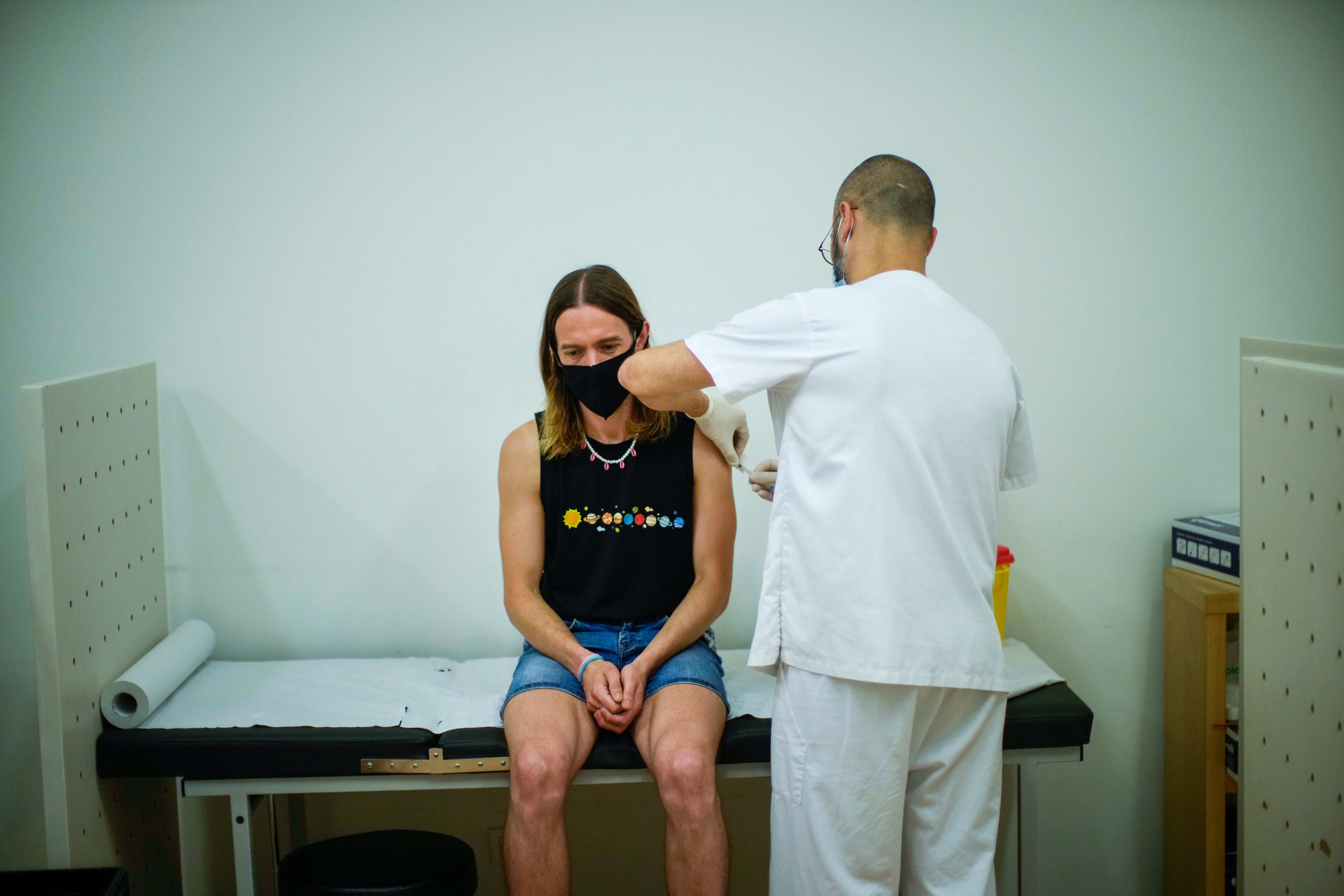Spain confirms second monkeypox death in two days
The country has confirmed its second death from the disease – so far, the only fatalities in the European Union
Authorities in Spain have confirmed a second death from monkeypox, a week after the WHO declared the outbreak a “global health emergency”.
The first deaths from monkeypox outside of the African continent were confirmed on Friday, one in Spain’s Valencia region, while a 41-year-old man succumbed to the disease in Belo Horizonte, Brazil. No details have yet been shared about Spain’s second victim.
It came as thousands queued at clinics in London to receive a vaccine on Saturday as the NHS makes more jabs available.
The cause of death in Spain’s first monkeypox fatality was encephalitis, a swelling of the brain triggered by the disease.

Spain has the highest number of monkeypox infections in Europe, with 4,298 cases reported on Friday. Some 120 of those cases require hospitalisation. The majority of cases are men who have sex with men, while 64 women have been impacted.
Around 5,300 vaccines are being administered in Spain, but health workers say it’s far fewer than the number needed to protect all those in high-risk groups.
Monkeypox is endemic to Africa, where a more lethal form of the virus is circulating. To date, 75 people have died of monkeypox in the outbreak there, mostly in Nigeria and Congo. The disease’s arrival in Europe has been linked by experts to two raves, in Belgium and Spain.
The virus is most commonly passed through skin-to-skin contact, but can also be transmitted by sharing bedsheets with someone who has the virus, or even in droplets released by coughs or sneezes by an infected person in close proximity. Symptoms include fever, body aches, chills, fatigue and hives.
Symptoms are typically mild, but the immunocompromised and those with comorbidities are particularly vulnerable to serious illness.
Meanwhile, the UK Health Security Agency has reported 2,469 confirmed and 77 highly probable cases in Great Britain, mostly in England.
A handful of NHS laboratories are testing for the disease using a specialised type of PCR test.
Join our commenting forum
Join thought-provoking conversations, follow other Independent readers and see their replies
Comments
Bookmark popover
Removed from bookmarks